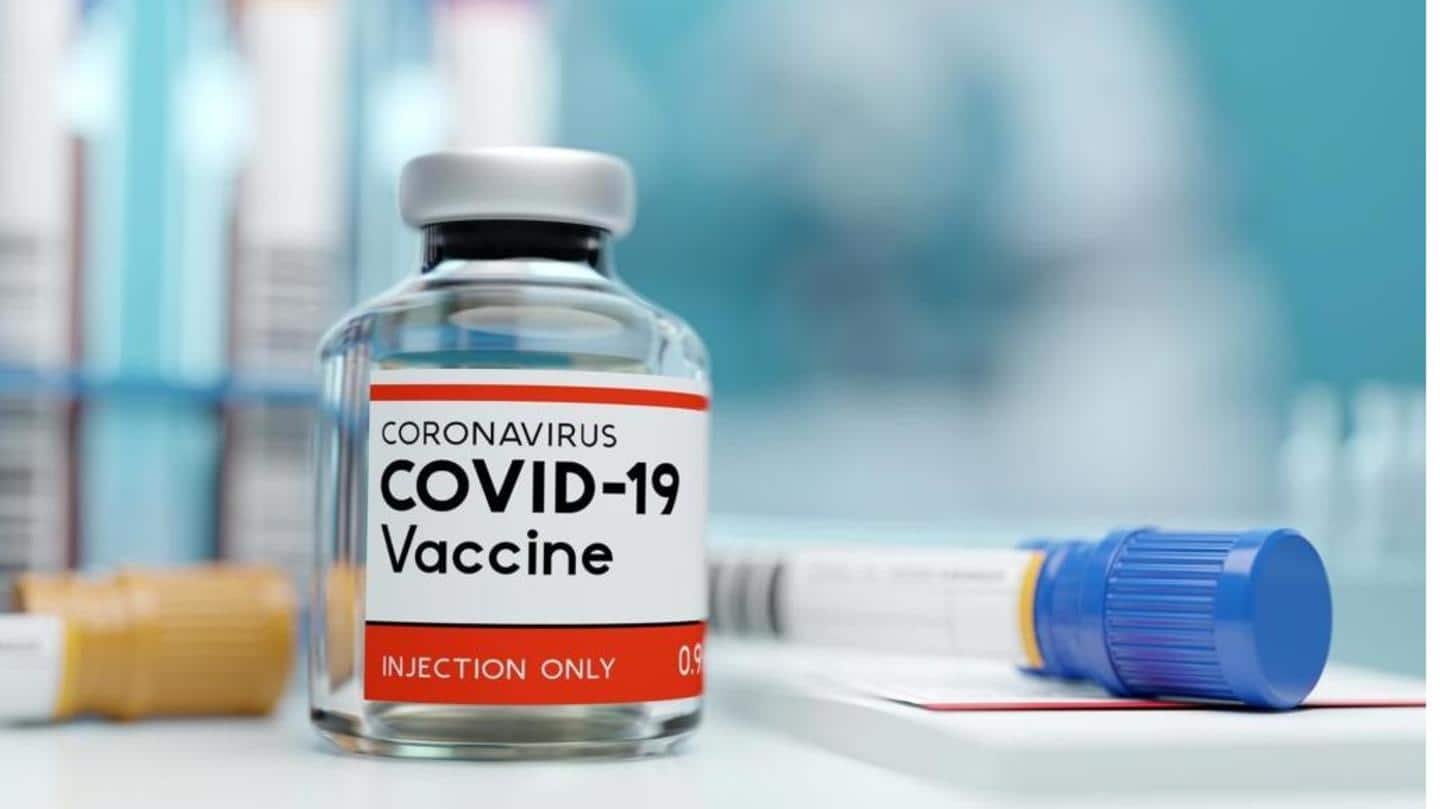
New universal coronavirus vaccine may help prevent future pandemics
What's the story
Scientists have developed a universal vaccine that protected mice not just against COVID-19 but also other coronaviruses while triggering the immune system to fight off a dangerous variant.
While no one knows which virus may cause next outbreak, researchers from the University of North Carolina (UNC) noted that coronaviruses remain a threat after causing the SARS outbreak in 2003 and the global COVID-19 pandemic.
Study
The study focused on a vaccine that targets sarbecoviruses
To prevent a future coronavirus pandemic, the team designed the vaccine to provide protection from the current SARS-CoV-2 coronavirus and a group of coronaviruses known to make the jump from animals to humans.
The study, published in the journal Science, looked at a second-generation vaccine: one that targets sarbecoviruses.
Sarbecoviruses are part of the large family of coronaviruses.
Approach
The team welded together mRNA from multiple coronaviruses
Sarbecoviruses are a priority for virologists after two devastating diseases in the past two decades: SARS and COVID-19.
The team's approach started with mRNA preventive, which is similar to the approach used by the Pfizer and Moderna vaccines today.
However, instead of including the mRNA code for only one virus, they welded together mRNA from multiple coronaviruses.
Information
Hybrid vaccine generated neutralizing antibodies against multiple spike proteins
When given to mice, the hybrid vaccine effectively generated neutralizing antibodies against multiple spike proteins— which viruses use to latch onto healthy cells— including one associated with B.1.351 variant, which was first identified in South Africa.
Hybrid vaccine
The vaccine can prevent outbreaks: Epidemiologist
"The vaccine has the potential to prevent outbreaks when used as a new variant is detected," said Ralph Baric, an epidemiologist at UNC Gillings School of Global Public Health, and also the lead author of the study.
The research includes data from mice infected with SARS-CoV and related coronaviruses and the vaccine prevented infection and lung damage in mice.
Details
Study suggests more universal pan coronavirus vaccines can be developed
"Additional testing could lead to human clinical trials next year," the researchers said.
"Our findings look bright for the future because they suggest we can design more universal pan coronavirus vaccines to proactively guard against viruses we know are at risk for emerging in humans," said another lead author David Martinez, a postdoctoral researcher at UNC Gillings School of Global Public Health.